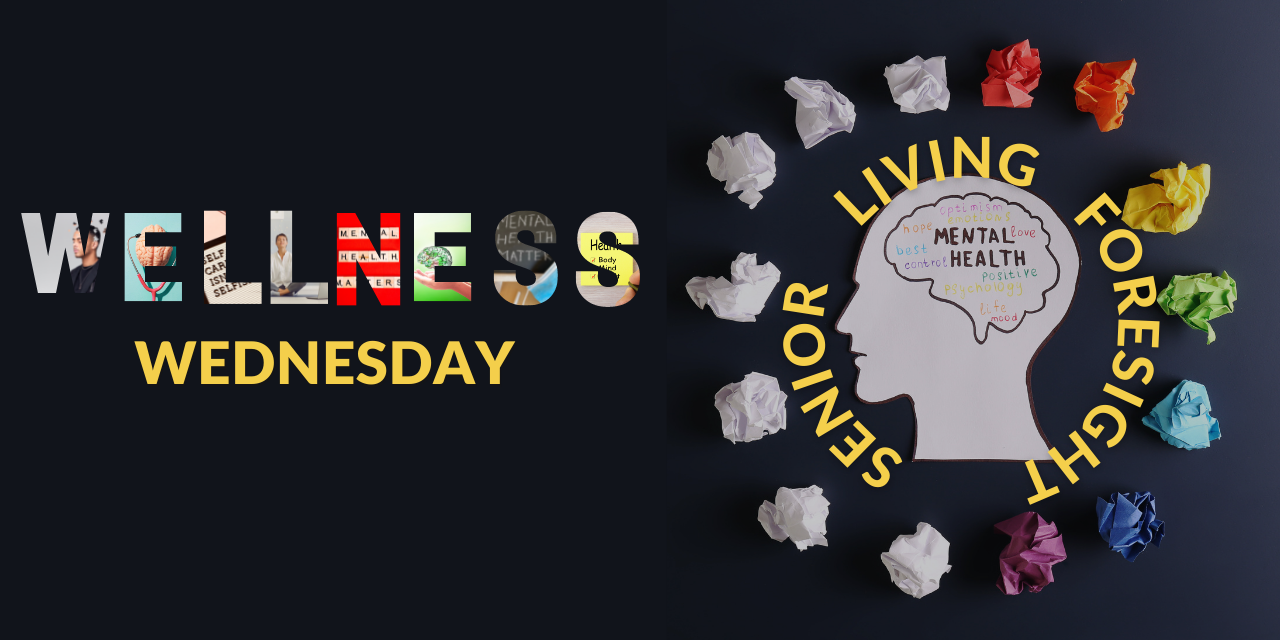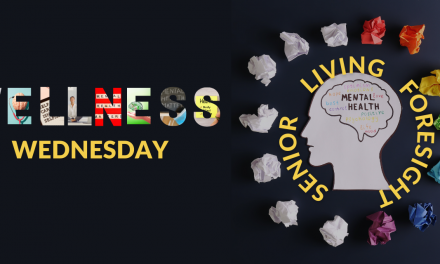By Kathy Parry
Imagine you go for a peaceful walk in the woods. The air is slightly crisp, sky is blue, and you feel calm enjoying the outdoors. Then you see it. In the path just ahead. A bear. And he just made eye contact with you.
Immediately your body goes into full-blown stress mode. Your calm disposition is now a life-saving venture. A cascade of hormones is released to change your body’s physiology to help you either fight the bear or take flight from him. Because you are now a fight-or-flight machine, other systems in your body do not work as well.
- You don’t digest your food properly.
- You don’t sleep well.
- Your immunity functions are less efficient.
- Your body tells you to store fat. (You may need that fat store to produce energy!)
- Your heart rate rises and creates increased stress on your cardiac system.
But you may be saying, “There is no bear. I’m surrounded by elders and a great team. I’m safe indoors.” But are you?
If you’re like most senior living professionals, your position creates scenarios when you may be highly stressed. The problem is, unlike with the bear who eventually walks off the path, your stress can persist for days or weeks. The elevated stress hormones of adrenaline and cortisol can create unhealthy scenarios like heartburn and indigestion, poor sleep, high-blood pressure, and weight gain, and can eventually can end up burning out your adrenal system to the point of exhaustion.
How to Shoo the Stress Bear
Because stress isn’t going to calmly walk away, here are a few tips to get that bear moving off your path:
- Breathe deep throughout your day. By taking five to 10 deep breaths, you tell your body the stressful situation has left. Your body will begin to drop the adrenaline levels.
- Eat immunity boosting foods. When your body is in a stressed-out state, your immunity functions are compromised. (Remember, everything is prepared to fight the bear, not a cold.) Top immunity boosting foods: garlic; mushrooms; leafy greens; green tea; vitamin C–rich foods; and water, water, water.
- Plan for stress. You know it’s coming. Ask yourself a few questions before stressful events:
What situations may arise that will cause me stress?
Am I the only one who can take care of that, or is there someone to help me?
What is my typical reaction to a stressful event?
How could I react differently so that my stress levels won’t rise?
- Skip the stress eating. Be honest — in the question above, did you list “eat something” under “typical reaction”? For many Americans, this is a very common reaction to stress. We often head for something sweet. But beware; sugar gives your body a pleasure signal, thus giving a false signal that you aren’t stressed. But sugar does not do the body any good. If you are going to stress eat, make sure there are some healthy options around like an apple, carrots, or almonds.
- Get back on the trail. Hitting the trail, path, or sidewalk (preferably one out of bear territory) is one of the best ways to reduce stress’s dangerous effects on the body. A brief walk in the middle of the day, even inside, has a wonderful way of bringing stress under control.
If you feel the bear about ready to charge, think about what is happening in your body. It can take weeks or months to recover from the damage done by functioning in a stressed-out state, but only a few minutes to employ stress-fighting tactics.
Kathy Parry, corporate energy expert, helps maxed-out senior living professionals become more energetic and resilient during transitional or disruptive events. She is the author of Senior Living Power: Energize and Serve with Joy. Learn more at: KathyParry.com.







